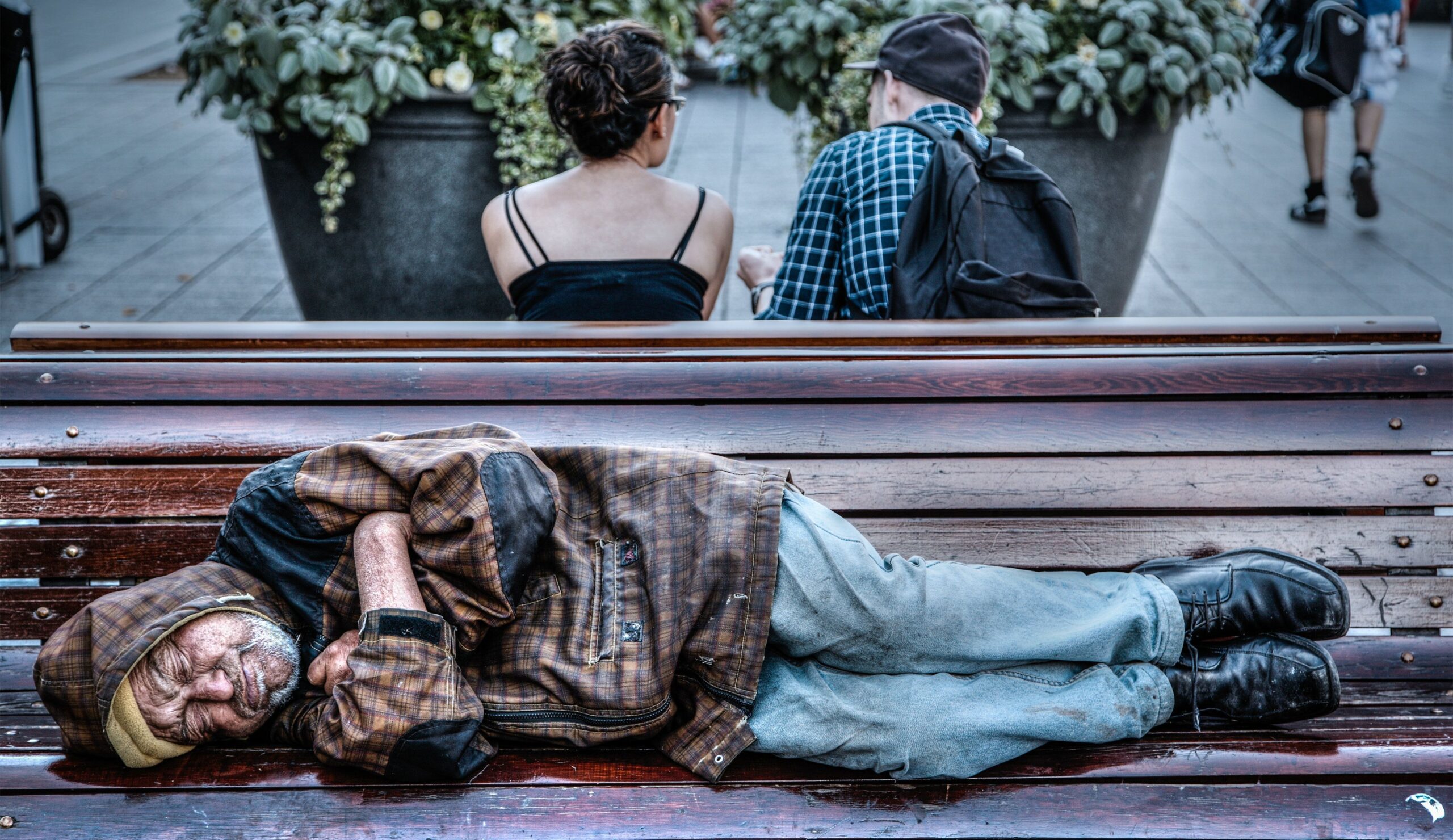In the realm of spiritual beliefs, few narratives are as compelling and profoundly transformative as that of the Baha’i teachings, particularly when they delve into the theme of homelessness through the lens of the Prophet. This discussion invites contemplation on the experiences of exiles and the essence of perseverance, enriched with the promise of new perspectives.
The life of the Baha’i Prophet, Baha’u’llah, encapsulates the quintessence of suffering and endurance. His earthly journey reflects the trials faced by countless souls throughout history, especially those who have borne the weight of displacement. Homelessness, in this context, transcends its literal interpretation; it symbolizes spiritual exile, cultural dislocation, and an existential quest for belonging. This metaphorical dimension of homelessness pivotally outlines the human experience, extending beyond individual stories to encompass the broader struggle for justice and truth.
Throughout recorded history, the act of exile has carried with it a dual weight: the physical displacement from one’s homeland and the psychological and spiritual ramifications that ensue. Baha’u’llah himself was subjected to exile, facing the oppressive structures of the society that resided in a state of ignorance regarding his teachings. His narrative speaks powerfully to the universal condition of being uprooted, and in doing so, it reverberates with the struggles of communities throughout time who have been marginalized and displaced.
The example set by Baha’u’llah offers profound insights into perseverance amidst adversity. His ability to thrive in a state of profound vulnerability is emblematic of the resilient human spirit. During the harsh conditions of exile, his teachings blossomed. He articulated principles of unity, equality, and justice that resonate beyond the confines of any singular narrative. These teachings have inspired movements for social change, progress, and inclusivity across the globe, revealing the latent potential within even the most difficult circumstances.
Moreover, the experience of homelessness is rendered poignant through the lens of spiritual maturation. It prompts a reevaluation of the material attachments that often govern human experience. In Baha’i thought, the shedding of these attachments is a crucial step towards realizing one’s true purpose. This perspective asserts that the discomfort of physical homelessness can foster an epiphany of sorts—a realization that true belonging lies not in physical spaces but in a connection to the divine and a commitment to service to humanity.
The teachings of Baha’u’llah advocate for a radical reimagining of society. They implore followers to view homelessness as a call to action, igniting a profound sense of moral obligation towards those afflicted by displacement in various forms. The Baha’i community has continually engaged in social action aimed at alleviating the conditions of the marginalized. This engagement is consistent with the call to transcend conventional societal norms and to foster a world where everyone is afforded the dignity of a home—both materially and spiritually.
In examining the personal and collective stories of homelessness, we inevitably confront the intricate web of human connections that bind us. Those who have experienced exile often emerge with profound insights that elucidate the fragile yet resilient fabric of community and kinship. This notion echoes the Baha’i perspective that emphasizes the significance of unity and interdependence among all human beings. The realization that our shared experiences of adversity can forge imperishable bonds encourages a more compassionate approach to those enduring homelessness today.
Importantly, Baha’i teachings contend that proactive engagement with the issues surrounding homelessness must focus on empowerment rather than mere philanthropy. The establishment of support systems that restore dignity, agency, and autonomy is critical. This approach aligns with the Baha’i emphasis on building a new civilization rooted in the principles of equality and justice, transforming what it means to support those who are marginalized into a collaborative effort rooted in mutual respect and understanding.
The metaphor of the ‘homeless prophet’ serves as a profound reminder of the transformative power inherent in navigating life’s trials with perseverance. The teachings invite practitioners to engage in critical self-reflection to better understand their relationship with both the privileged and the dispossessed in society. The shift in perspective provokes curiosity about one’s own role within the societal tapestry, rendering away the complacency too often associated with mere observation of suffering.
In conclusion, the story of Baha’u’llah as the ‘Homeless Prophet’ ultimately serves as an emblem of hope and resilience. His life and teachings challenge us to reassess what it means to be truly home. Within the lens of his experience lies an invitation for profound transformation—not just for oneself, but for a society aching for healing, justice, and belonging. To immerse oneself in the teachings of Baha’i is to commit to an ongoing journey of discovery, fostering unity amid diversity while honoring the intricate realities of homelessness in all its forms. The power to reshape our collective narrative lies within each individual, awaiting our willingness to persevere through the trials set before us in pursuit of a more just and equitable world.
